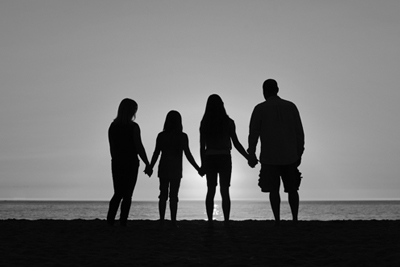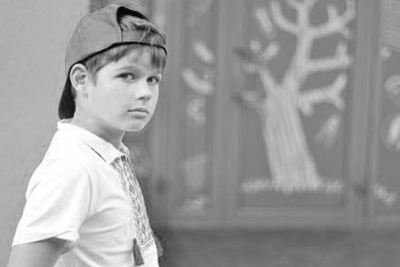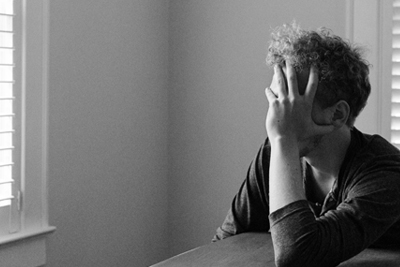Sleep Disorders
Over 50% of adults report difficulty sleeping, half of which suffer with chronic sleep difficulty. We now know that medications are not the only solution to insomnia and that it is possible to successfully treat insomnia using cognitive-behavioral therapy (CBT). CBT has been endorsed by the National Institutes of Health as an effective method for treating insomnia. Research on CBT shows the following:
- 75% of insomnia patients experience significantly improved sleep
- The majority become normal sleepers
- 85- 90% reduce or eliminate sleeping pills
CBT achieves these results because it is based on the idea that insomnia is treated effectively by addressing the underlying causes of insomnia-related thoughts and behaviors, which are learned and can be unlearned.
CBT-I COMPONENTS Techniques taught in CBT-I include:
- Changing sleep thoughts and behaviors
- Lifestyle habits that improve sleep
- Relaxation techniques
WHO WOULD BENEFIT
- Individuals with problems falling asleep, waking during the night, or waking too early
- Individuals who wish to avoid, reduce, or eliminate sleep medications
VISITS CBT for insomnia includes:
- Five individual treatment sessions over six weeks (Sessions 1-3 once per week, skip a week, session 4, skip a week, session 5)
INSURANCE COVERAGE CBT-I is billed as a psychotherapy visit
PARTICIPANT RESPONSIBILITIES
- Weekly reading in a book that participant purchases called “Say Goodnight to Insomnia”
- Weekly reading of the session summary handout that accompanies the book
- Daily writing of sleep information in the “sleep diary” log
- Daily writing of negative and positive sleep thoughts on provided "thought log"
- Practicing guided relaxation using MP3 audio provided via email
- Practicing sleep modification behaviors and other habit changes as guided by the program
Sleep Disorders Professionals
Related Services and Programs
Read More
Read More
Read More












